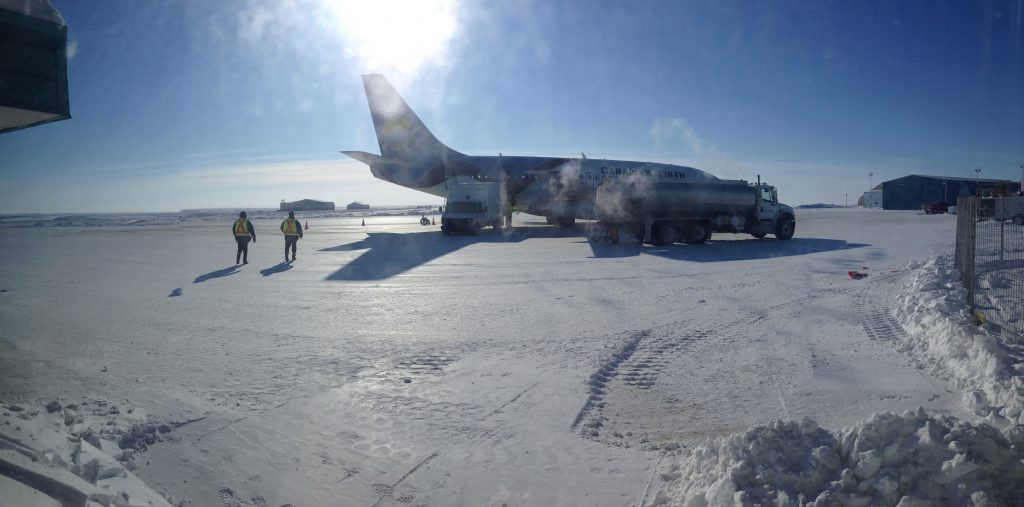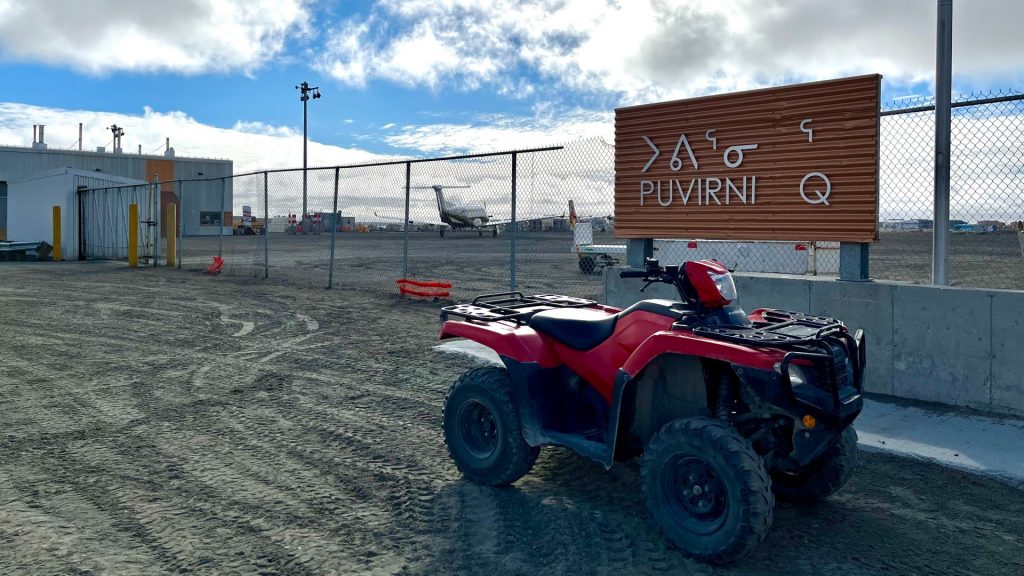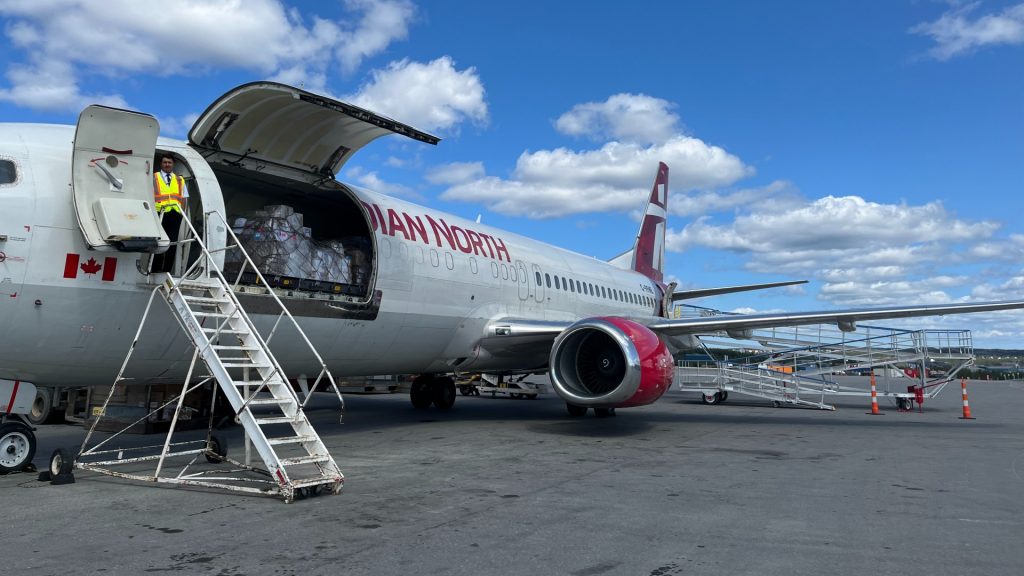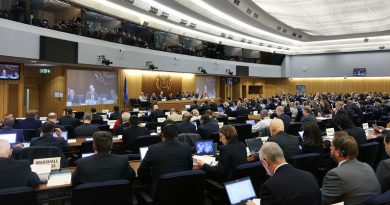Canadian North teams up with university to tackle pilot shortage

A nation-wide pilot shortage has prompted a Canadian airline serving the Arctic to team up with an Alberta university to train more Inuit pilots.
“We are pleased to partner with Mount Royal University on this important initiative,” Michael Rodyniuk, Canadian North’s CEO, said in a statement. “This positive step addresses Canada’s pilot shortage with talented Inuit students.”
The joint statement was made by Canadian North and Mount Royal University at a press conference in Calgary on Thursday. The institution’s aviation diploma often features on lists of Canada’s top flight programs.
The partnership, which started this fall, enables Canadian North to nominate up to 10 percent of students enrolling in the diploma program each year. The students will receive financial assistance to complete the program as well as a conditional offer of employment from the airline.
“Today marks a pivotal moment in Canadian North’s commitment to supporting and empowering Inuit communities,” said Jason Kilabuk, Canadian North’s director of Inuit employment & talent strategies, said.

“This partnership with Mount Royal University embodies our dedication to nurturing talent, especially among Inuit students who may face unique challenges in pursuing their dreams,” Kilabuk said.
Pilot pipeline drying up
The looming pilot shortage in Canada has long been flagged.
In a 2018 report, the Canadian Council for Aviation and Aerospace projected a demand for an additional 7,300 pilots in Canada by 2025, that the Canadian aviation industry was getting only 500 new pilots annually.
And then came the pandemic, where many pilots retired early or left the profession.
Industry analysts say the number of Canadian pilots opting to leave to work in the United States were salaries are higher, is putting further pressure on the pilot pipeline, along with the high costs of training.
Mount Royal University said they hope the Canadian North partnership helps remove some of the obstacles.
“This will help reduce a financial barrier that prevents many students from being able to pursue a career in aviation,” Mount Royal University’s Dean Kelly Williams-Whitt said.
Impact on Arctic
The majority of communities in northern Canada are not connected to the national road network and are fly-in only, making aviation a lifeline for the region.

Focusing on training Inuit pilots, the majority population in many parts of Arctic Canada, has long been priority of northern airlines in order to improve pilot retention in the region.
Canadian North is jointly owned by the Inuvialuit Development Corporation in Canada’s western Arctic, and Makivik, the organization that represents the Inuit of Nunavik in Arctic Quebec.
The airline serves 25 communities in the territories of Nunavut and the Northwest Territories, as well as Nunavik. It also serves the southern Canadian cities of Ottawa, Montreal, Edmonton and Calgary.
Related stories from around the North:
Canada: Extra medical flights to and from Nunatsiavut to continue, Eye on the Arctic
Finland: Record December passenger numbers for airports in Arctic Finland, Eye on the Arctic
Norway: Air France launches flights to three destinations above the Arctic Circle, The Independent Barents Observe



